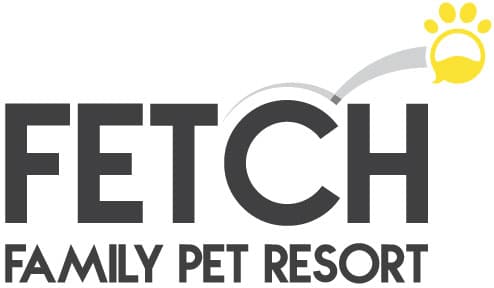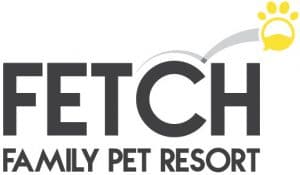Understanding and recognizing submissive behavior in dogs is a critical part of the confidence bond you develop with your furry family member. Many people misunderstand the meaning of submissive and dominant behaviors in dogs. The terms “submissive” and “dominant” are very general and should not be overanalyzed. In fact, many behaviorists and trainers try to avoid these terms because they are connected to old, inaccurate theories about canine hierarchy and “pack mentality.”1
Submission and dominance in dogs are general behaviors, not personality traits. These behaviors are forms of communication via body language. The behavior shown is about the relationship between the dog and the other person or animal.
In general, a dog displaying submissive behavior is trying to send the message that he is not a threat. This message may be intended for humans, other dogs, or other animals.
When your dog exhibits submissive behavior towards you, he is usually trying to show respect and affection. It may also mean he trusts you and is comfortable being vulnerable around you.
Some examples of submissive behavior include excitement urination (happy pee), rolling over and exposing the abdomen, averting gaze, lip licking, smiling, or grinning. Even some behaviors associated with fear like lowering of tail and ears back can be signs of submission.
A dog displaying submissive behavior is trying to show that he is not a threat. Submissive behaviors may occur before play or as a reaction to perceived danger. To better interpret the behavior, you must look at the entire situation.
When a dog displays submissive behaviors towards you, he may be showing respect and holding you in a position of authority. There is no need to act differently to assert “dominance.” In fact, this may cause fear and result in self-defensive aggression from the dog. It is best to remain confident yet calm to reinforce the behavior. This tells the dog that you can be trusted.
For further information on how to recognize your dog’s communication, please speak to one of our pet professionals and consider consulting with our trainer on how to best “talk” to you dog.
As always, I am only a bark away.
Carolyn
Carolyn’s Corner
Carolyn Lapps is the General Manager at Fetch Family Pet Resort. Her love and passion for all animals began at a young age and has led to a career. She is frequently consulted on pet socialization, family integration issues, and is highly regarded for her experience with domestic animal management and care.

